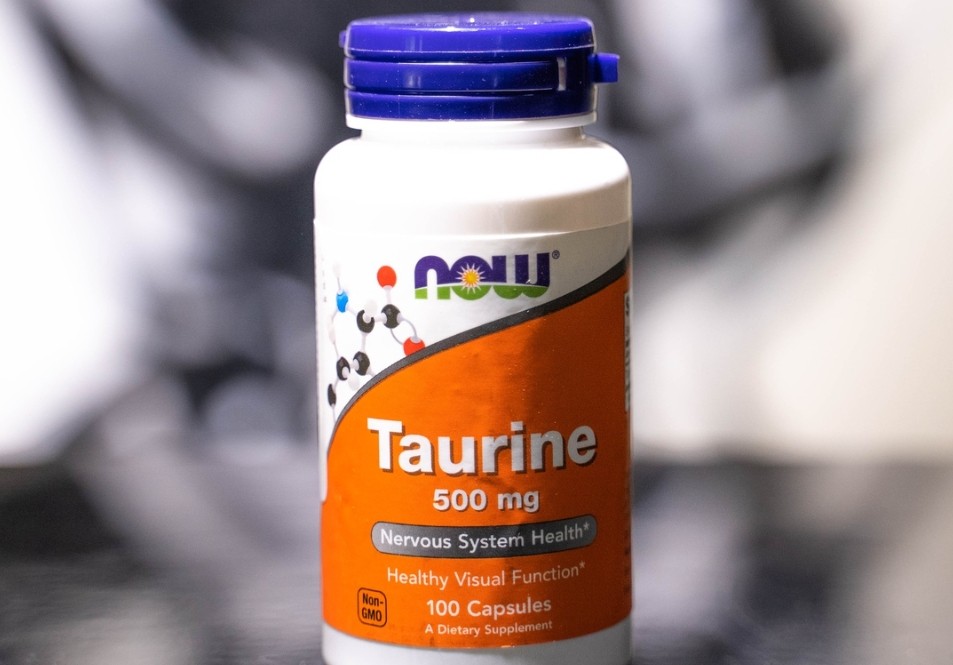Introduction
In the quest for enhanced cognitive performance, many individuals turn to nootropics, a class of compounds known for their cognitive-enhancing properties. One such nootropic gaining popularity is taurine, an amino acid that plays various essential roles in the body. Beyond its fundamental functions, taurine has shown promise as a nootropic, offering a range of cognitive and mental health benefits. In this comprehensive guide, we will explore the potential advantages of taurine as a nootropic, its mechanisms of action, dosage considerations, and safety aspects to help you make an informed decision about incorporating taurine into your cognitive enhancement routine.
Understanding Taurine as a Nootropic
What is Taurine
Taurine is a naturally occurring amino acid found in various foods, particularly in meat and seafood. It plays a vital role in several physiological processes, including regulating cell volume, supporting heart health, and aiding in the digestion of fats.
Taurine as a Nootropic
Nootropics are substances that are believed to enhance cognitive function, memory, creativity, and motivation. Taurine, when used in specific ways and dosages, can potentially exhibit nootropic effects, contributing to mental clarity, focus, and overall cognitive well-being.
The Benefits of Taurine Nootropics
Now, let’s explore the potential cognitive and mental health benefits of taurine when used as a nootropic.
Enhanced Cognitive Function
Taurine has been associated with improved cognitive function. It may enhance memory, attention, and the ability to process information, making it a valuable addition to nootropic stacks for cognitive enhancement.
Mood Regulation and Stress Reduction
Taurine has anxiolytic (anxiety-reducing) properties that can help regulate mood and alleviate stress. It may work by modulating the release of neurotransmitters like GABA, which plays a central role in relaxation.
Antioxidant and Neuroprotective Effects
Taurine is known for its antioxidant properties, which can help protect brain cells from oxidative damage and reduce the risk of cognitive decline. This makes taurine a potential nootropic for long-term brain health.
Improved Sleep Quality
Some individuals report that taurine can help improve sleep quality, including reducing the time it takes to fall asleep and enhancing overall sleep duration. Adequate, restful sleep is crucial for cognitive function and overall well-being.
Potential for Attention and ADHD Support
While research in this area is limited, some anecdotal evidence suggests that taurine may benefit individuals with attention-related disorders, such as ADHD. It may help improve attention and concentration.
Mechanisms of Action
Understanding how taurine exerts its nootropic effects is essential for harnessing its potential benefits.
GABA Modulation
Taurine can influence the release and effects of gamma-aminobutyric acid (GABA), an inhibitory neurotransmitter. This modulation may contribute to its anxiolytic and mood-regulating properties, promoting relaxation and reducing anxiety.
Neurotransmitter Regulation
Taurine may affect other neurotransmitters, such as dopamine and glutamate, which play roles in motivation, focus, and cognitive function. By modulating these neurotransmitters, taurine can potentially enhance cognitive performance.
Antioxidant Activity
The antioxidant properties of taurine help protect brain cells from oxidative stress and damage. This protection may contribute to its neuroprotective effects and long-term cognitive health benefits.
Using Taurine as a Nootropic
If you’re considering using taurine as a nootropic, it’s essential to follow certain guidelines to maximize its potential benefits.
Dosage Considerations
Determining the appropriate dosage of taurine can be challenging because individual responses vary. Typical doses of taurine range from 500 mg to 2,000 mg per day, although some individuals may require higher or lower doses. It’s advisable to start with a lower dose and gradually increase it to find your optimal dosage.
Timing and Stacking
Taurine can be taken at different times of the day depending on your goals. Some users prefer taking it in the morning for enhanced focus and alertness, while others find it helpful in the evening to promote relaxation and better sleep. Taurine can also be combined with other nootropics, such as racetams or choline, to create customized stacks for specific cognitive enhancement goals.
Safety Considerations
Taurine is generally considered safe when used at appropriate dosages. However, it’s essential to be aware of potential side effects, such as stomach upset or diarrhea, which may occur at high doses. Always consult with a healthcare professional before beginning any new supplement regimen, especially if you have underlying medical conditions or are taking medications.
Precautions and Legal Considerations
While taurine is generally recognized as safe, it’s essential to consider some precautions and legal aspects:
Legal Status
Taurine is widely available as a dietary supplement and is considered safe for use by most individuals. It is not regulated as a prescription drug in most countries, but it’s essential to ensure that the taurine product you choose meets quality and safety standards.
Individual Responses
Individual responses to taurine can vary. What works well for one person may not be as effective for another. Be patient and attentive to your body’s response, and adjust your dosage or stack as needed.
Consultation with a Healthcare Professional
Before using taurine as a nootropic, particularly if you have underlying health conditions or are taking medications, it’s advisable to consult with a healthcare professional. They can provide personalized guidance and monitor your progress to ensure safety and efficacy.
Conclusion
Taurine is a versatile amino acid that holds promise as a nootropic, offering a range of potential cognitive and mental health benefits. Whether you’re seeking improved cognitive function, mood regulation, or relaxation, taurine can be a valuable addition to your cognitive enhancement toolkit.
As with any nootropic, individual responses to taurine may vary, so it’s essential to approach its use with an open mind and a commitment to self-experimentation. Keep an eye on the latest research findings and stay informed about the potential benefits and mechanisms of action of taurine as a nootropic. With proper dosing, guidance from healthcare professionals, and an understanding of the science behind its effects, you can leverage taurine to support your cognitive performance and mental well-being.

